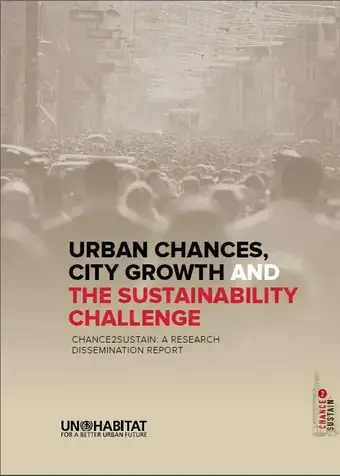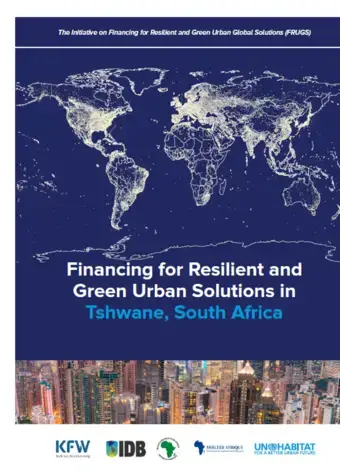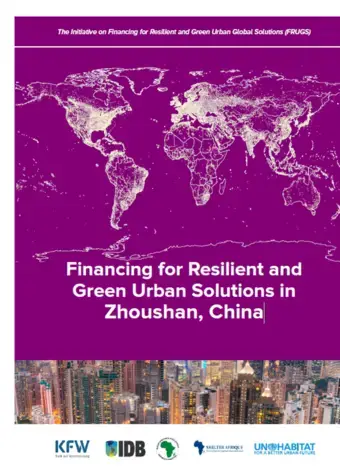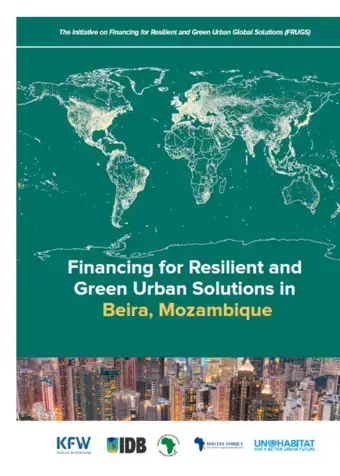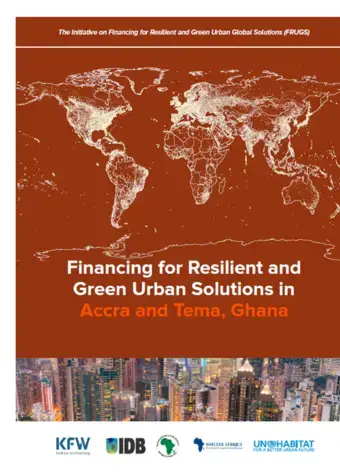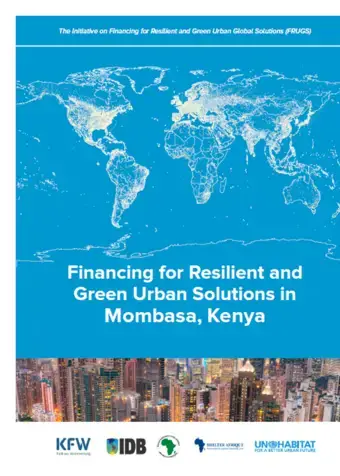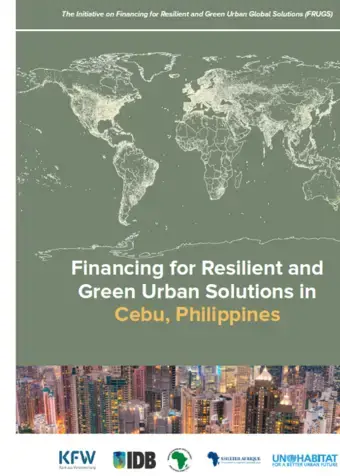Lake Victoria Water and Sanitation program (LVWATSAN) was first launched in 2004 by the Ministers responsible for water within the East Africa Community (EAC) with the aim of achieving the Millennium Development Goals (MDGs) for water and sanitation in the ‘secondary urban centres’ within the Lake Victoria Basin; ensuring the long term sustainability of the physical investments; addressing the current threats to the lake’s ecosystems from inadequate water and sanitation provision in the secondary and larger settlements around the Lake.
Youths in Nigeria trained in renewable energy technologies and green entrepreneurship
Abuja, 12 January 2017 – The United Nations Human Settlements Programme (UN-Habitat), in partnership with the Federal Government of Nigeria, conducted hands-on training in energy efficiency and renewable energy technologies, green entrepreneurship and enterprise development for 125 selected youths drawn from 26 States across the Nigeria in Abuja in December.
“Solving Energy Poverty, a liter at a time” - Illac Diaz
Illac Diaz from the MyShelter Foundation aims to in this lecture showcase ways to reuse plastic bottles as quick solutions to solve lighting issues in crisis situations. The ‘Liter of Light’ project teaches communities the technology to create lamps both for daytime and nighttime use made of locally available resources.
[su_youtube_advanced url="https://www.youtube.com/watch?v=VNbwNBe6CYM" controls="alt" autohide="yes" rel="no" modestbranding="yes" theme="light"]
MP3
